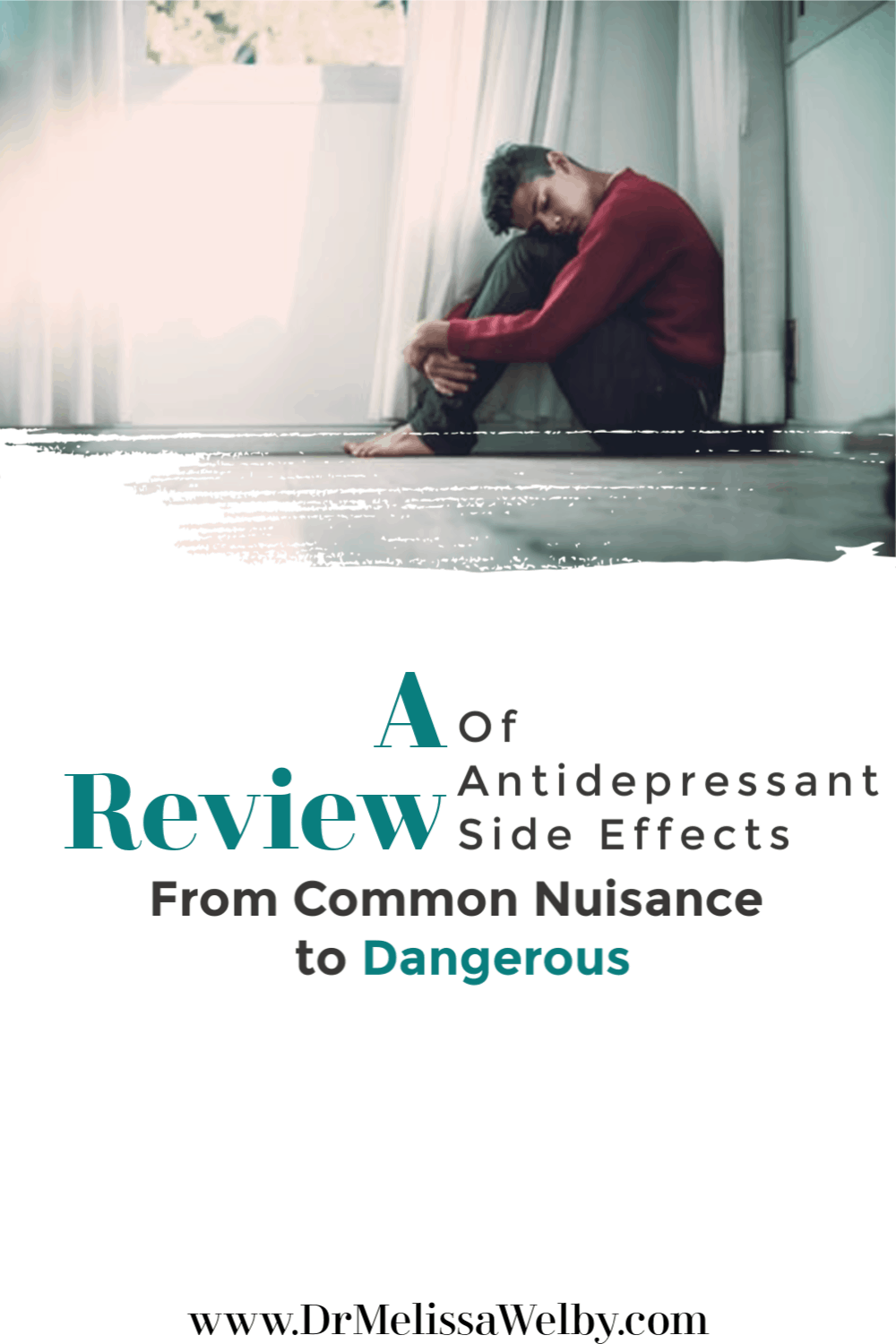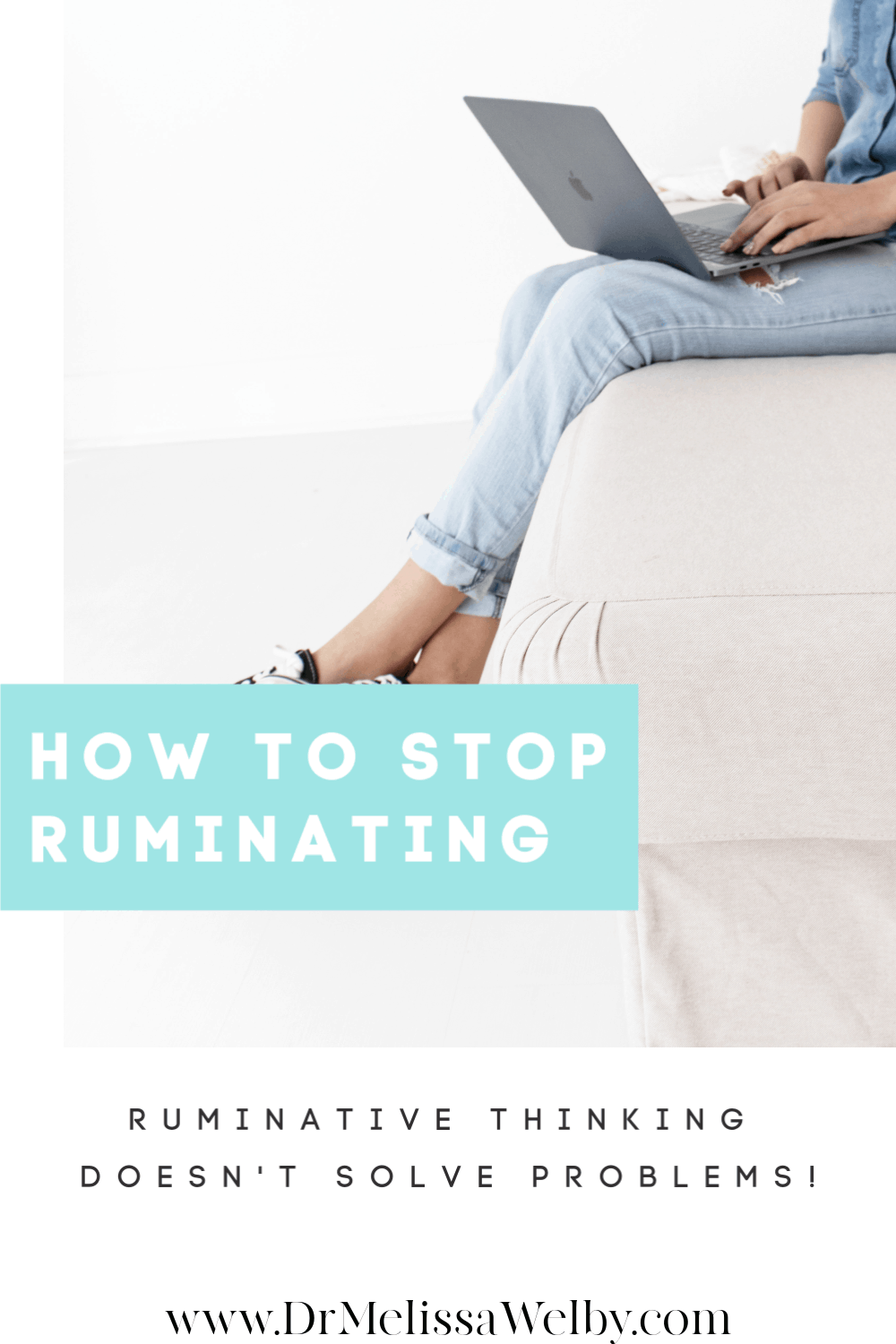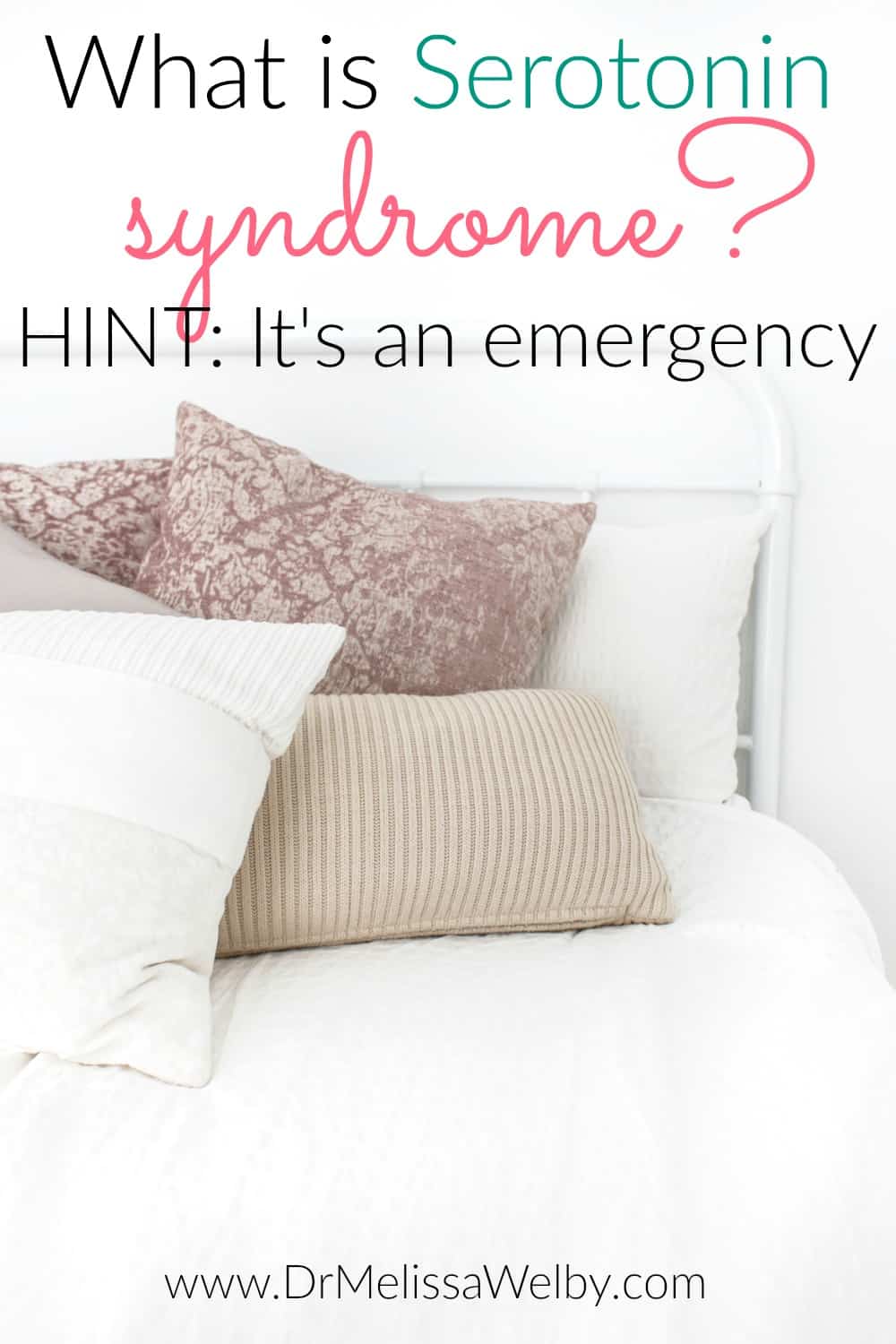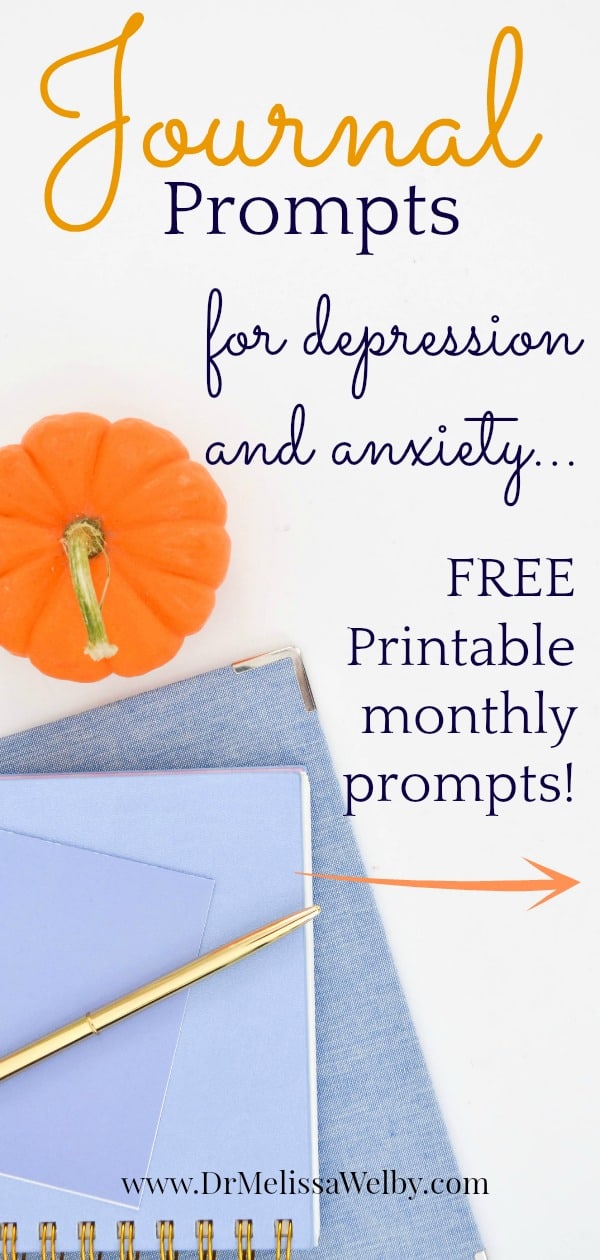Do you believe joy is possible? Many people I work with feel they passively exist without joy. Depression, anxiety, trauma, etc. may initially cause this, but then it is perpetuated by a lack of engagement in life. People do better when they are actively living. In the last post, we talked about what is the meaning of life and finding your purpose in life. Today we will talk about ideas to get started increasing engagement and enjoyment even if you aren’t feeling well. Active living can kickstart positive feelings and bring in new clarity about life purpose and meaning.
Category: Depression
Life in Search of Meaning: Finding Your Meaning and Purpose of Life
People that are suffering can sometimes lose sight of the meaning and purpose of life. At times, they begin to question the meaning of it all and the reasons why they would choose to continue to struggle. There is no one-size-fits-all answer to the meaning of life as it is up to the individual to decide. The good news is that there are endless amounts of individual missions, destinies, roles, and dreams that are possible. So what is the purpose of life?
A Review of Antidepressant Side Effects: From Common Nuisance to Dangerous
One of the most frequent reasons people decide to stop taking their antidepressant medication is because they experience side effects. Sometimes side effects of antidepressants are quite minor and time-limited, however, if a person isn’t prepared for the possibility of side effects they may take this as a sign they can’t tolerate the antidepressant. It is important to be educated and know the potentials. This article will discuss common antidepressant side effects, and differentiate between the ones that will go away from those that will last for the duration of time on the medication. I will also review 4 dangerous antidepressant medication side effects that, although uncommon, are important to know about.
How to stop ruminating: Ruminative thinking doesn’t solve problems!
Do you get a thought stuck in your head and then can’t stop thinking, analyzing, and worrying about it? Are these thoughts negative and focused on possible mistakes you have made? Do you let problems eat away at you? These are examples of ruminating thoughts. Ruminative thinking is not problem-solving that is productive, it is the tendency to repetitively think about situations that are upsetting. Figure out how to stop ruminating by first learning the rumination definition to recognize them when they are occurring.
10 Coping Strategies for Distress Tolerance
Because distress is so uncomfortable people understandably want to make it go away as soon as possible. At the moment of intense emotions, it feels like it may never end. Extreme emotions distort thinking and sometimes people make choices that cause more harm (self-injury, suicide attempt, telling off your boss, ending a relationship, etc…). These choices are an attempt at coping strategies and calming the distress, but ultimately they don’t support recovery. Learning distress tolerance skills to manage emotion in ways that aren’t harmful will help you remain on the path of recovery and mental wellness.
9 Facts About the Sexual Side Effects of Antidepressants: They are common!
Sexual side effects of antidepressants are common yet often people feel too embarrassed to discuss these with their doctor. To make it more complicated, a common symptom of depression is reduced interest in sexual activity. This can then be compounded by the antidepressants sexual side effects. If you are wondering about antidepressant sexual side effects, but too afraid to ask, I am writing this post for you! Here are several facts about antidepressants and sexual side effects so you can be more informed.
What is Serotonin Syndrome? Hint: It’s an Emergency. Know the Signs and Symptoms of Serotonin Syndrome.
Serotonin syndrome is an emergency and can be fatal in extreme cases. It is important to recognize serotonin syndrome symptoms when they are happening because if medications are stopped early most cases remain mild. So what is serotonin syndrome? Let’s review the signs and symptoms of serotonin syndrome so it isn’t missed but also so people have an accurate idea of what it is and don’t worry they have it when they don’t. I will also go over what causes serotonin syndrome to help make more informed decisions about medication.
Effects of Antidepressant Medications: How Do You Know if it is Working?
How will antidepressants make me feel? How do I know if it is working? Before starting antidepressant medications it’s important to know what to expect; both with potential side effects but also what to look for when assessing if there is a benefit. Antidepressant medication is slow to take effect so the benefits can creep up on the person. You will not suddenly be a different person from the effects of antidepressants (and if you are then you are likely having a side effect your physician needs to know about). Antidepressants are not “happy pills”…but will hopefully treat depression so that you can get back to your normal self.
Esketamine (Spravato) for Treatment-Resistant Depression: Will it Live Up to Expectations?
The FDA’s recent approval of Esketamine (Spravato by Janssen Pharmaceuticals) has been met with much excitement (and some controversy) for it’s potential to help people with treatment-resistant depression. Despite it being a potentially life-threatening condition treatment-resistant depression medication options are limited. 12-20% of people diagnosed with major depression don’t respond to conventional antidepressant treatment.
Journal Prompts For Depression and Anxiety
This post may contain affiliate links which means I make a small commission at no extra cost to you.
This post today is written by an awesome guest blogger who has experienced anxiety and wants to let us know what she has found helpful. Megan realized she can successfully stay on track and feel calmer by using journal prompts, specifically using journaling prompts for depression and anxiety. Journal writing, in general, is a helpful exercise for many but adding focused journal prompts can incorporate reminders for how to keep moving forward and decrease anxiety and depression.




















